Raising the World's Standards
Discover how the IEEE SA is working to meet your evolving needs.
Standards & Projects
Countries
Global Participants
In the Spotlight
2025 IEEE SA Ethernet & IP @ Automotive Technology Day
We’re back! The 2025 EIP@ATD event will offer special opportunities for participants to reflect on the current status of Automotive Ethernet and discuss the path beyond.
Enabling Trustworthy Digital Experiences for Children
Our focus on human-centric design has resulted in the development of standards and other activities that protect children online.
2025 NESC® Workshop—Las Vegas, 22-23 October
Register your interest as an attendee, sponsor, or exhibiter at the year’s ultimate event for utilities, suppliers, regulators, and tool providers of the North American Electrical Grid.
Here's What's Happening
Participate
Join a global network of industry and technology experts, and thought leaders that change the way people live, work, and communicate.
Recent Standards
IEEE C57.12.44-2024
IEEE Standard Requirements for Secondary Network Protectors
The performance, electrical and mechanical interchangeability, and the safety of the equipment are covered. The proper selection of such equipment is established as a basis for use in this standard. Certain electrical, dimensional, and mechanical characteristics are described; and certain safety features of three-phase, 60 Hz, low-voltage (600 V and…
Learn More About IEEE C57.12.44-2024IEEE 3221.01-2025
IEEE Standard for Blockchain Interoperability - Cross-Chain Transaction Consistency Protocol
The technical architecture and details of three cross-chain approaches are described in this standard, including centralized/multi-signature notary-based cross-chain technology, HTLCbased cross-chain technology, and relay chain-based cross-chain technology.
Learn More About IEEE 3221.01-2025IEEE 1474.2-2025
IEEE Standard for User Interface Requirements in Communications-Based Train Control (CBTC) Systems
User interface requirements for communications-based train control (CBTC) subsystems are established in this standard
Learn More About IEEE 1474.2-2025








